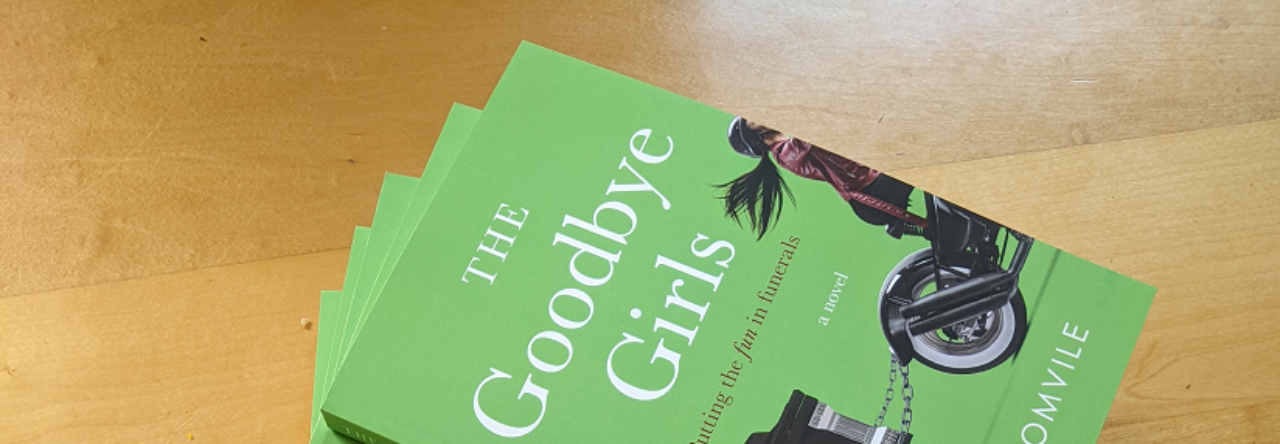
Don’t think.
Thinking is the enemy of creativity. It’s self-conscious, and anything self-conscious is lousy.
You can’t try to do things. You simply must do things. Ray Bradbury
This quote is my mantra. It changed the trajectory of my writing life. Sometimes, I wish I didn’t follow the “don’t think” advice in my daily life quite so frequently. I suffer from impetuosity, so I don’t need any encouragement. But, in terms of writing, this advice is gold.
When I first decided to write a novel after decades of ghostwriting blog articles and non-fiction books, I had no idea how to begin. Fiction is a different beast from non-fiction. With non-fiction, I never had a problem knowing how to start each blog post or book. There was a logical beginning, middle and end. I researched until I had a handle on the topic and then wrote the material. Easy peasy.
Not so much with fiction. I had no idea how to plot out a novel. I was terrified to dip my toe in the turbulent ocean of the unknown. Instead of writing, I agonized about writing. And I cleaned, which is fundamentally not me. I swabbed the far reaches of the cupboards with Qtips, scrubbed out the garbage cans, vacuumed the cat, wet wiped inside the floor vents, and organized my library in alphabetical order by title, then redid by author. When that was done, I went outside and tidied the forest. Not a single word was written. And just when I ran out of things to clean and was sick of making myself sick over not writing, I came across the words of Mr. Bradbury. Life changing. I stopped thinking and started doing.
I Googled “How to write a novel” and went from there. I learned about character backstories and how those backstories shape the character’s actions and dialogue. I learned about pace, arc and tone. But I still needed a starting point.
Years ago, I toyed with the idea of starting a funeral planning business called The Goodbye Girls. I liked the name more than I liked the idea of starting a business, so I made it the title of my novel. My starting point. As soon as I developed the backstory for my protagonist, the plot took off. And the characters just arrived on my screen, unbidden, complete with their own quirks.
I had long heard authors say that their characters drove the story. I had no idea how that could be. But then it happened to me. And it was wild. They made me smile, laugh, cry. They did stupid things. Said stupid things. Hurt one another, made up. I was not in the driver’s seat.
I also was not thinking! I was doing. I was writing. Finally.
Thank you, Mr. Bradbury.
